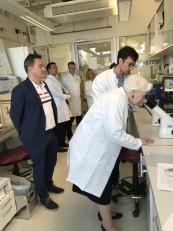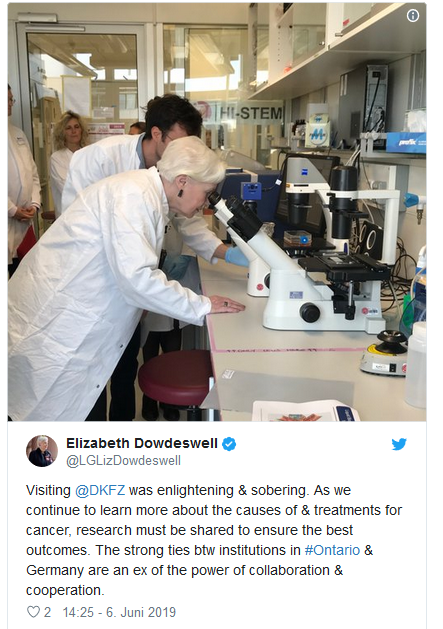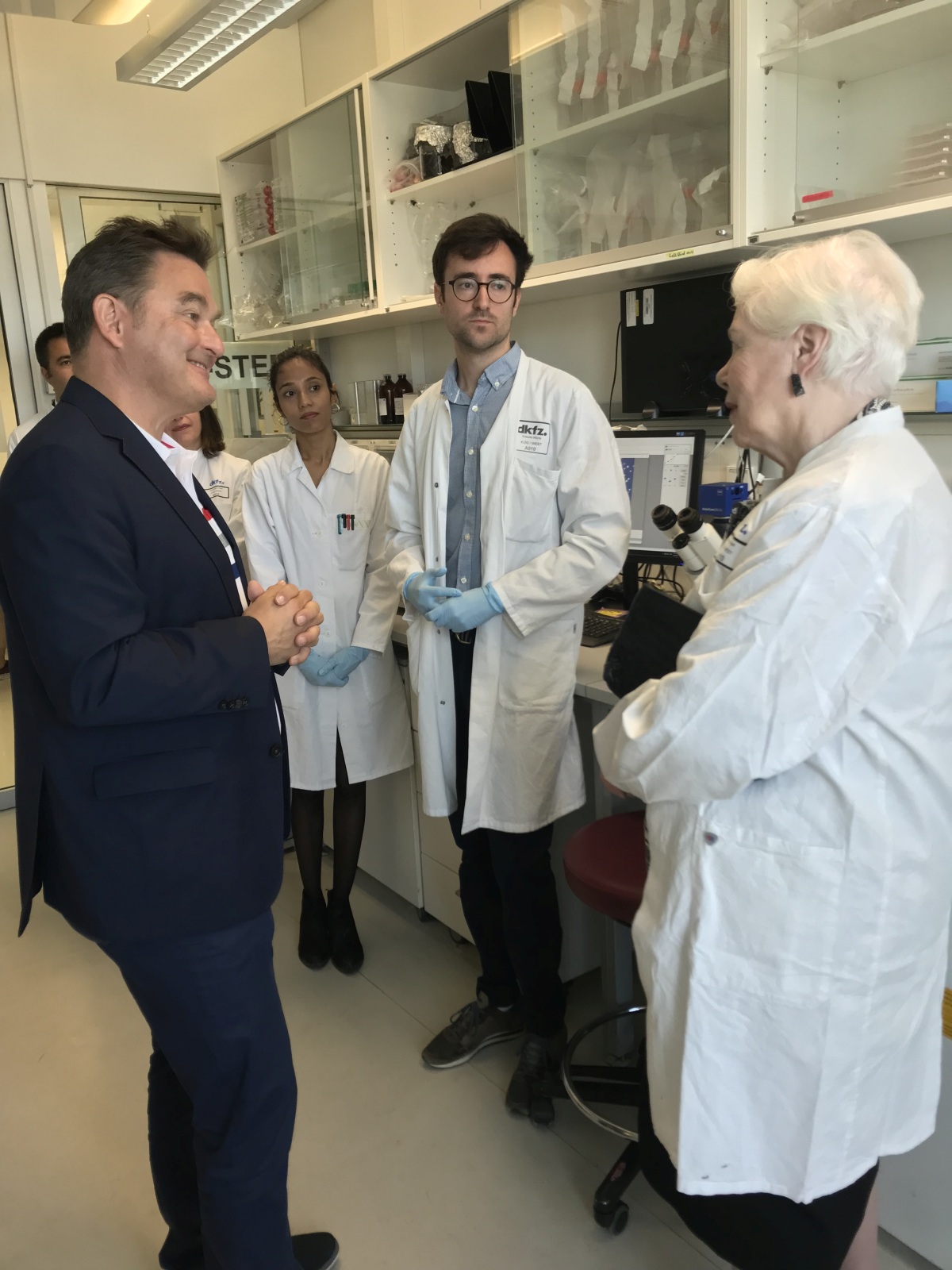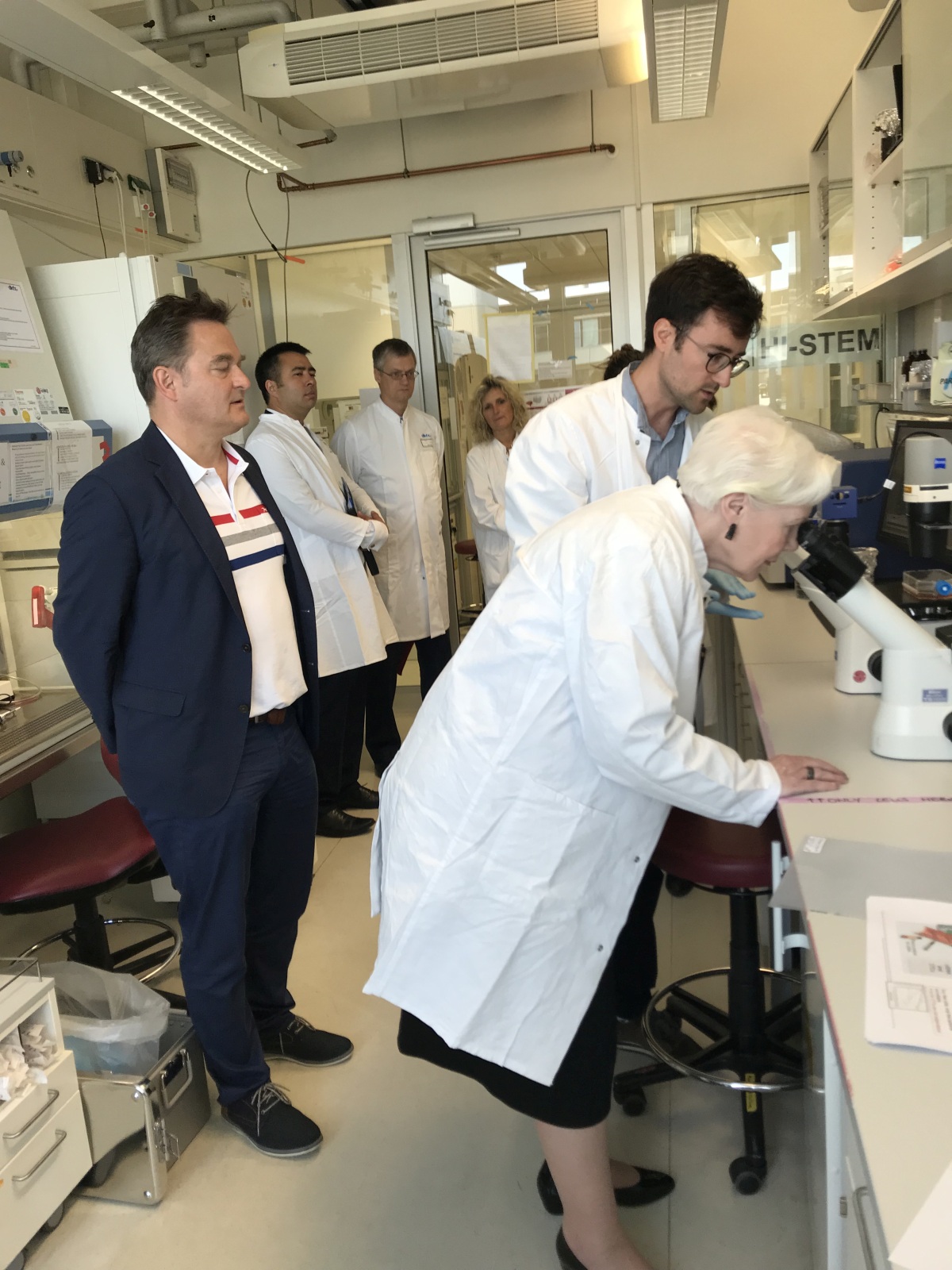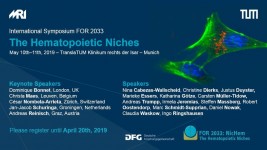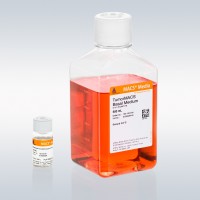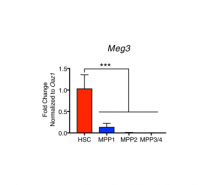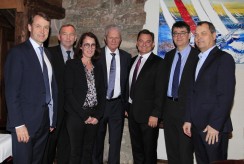
Ten years ago, HI-STEM, the Heidelberg Institute for Stem Cell Technology and Experimental Medicine, started its work within the newly renovated labs of the German Cancer Research Center (DKFZ). On the occasion of this anniversary, the founders have drawn a balance: Researchers at HI-STEM could proof for multiple cancer types how stem cells play a role during initiation, progression and therapy resistance of malignant tumors. The work of HI-STEM, which has been published in high-profile publications, has indicated new approaches for a more targeted and effective treatment of this devastating diseases.
In 2008, the DKFZ and the Dietmar Hopp Foundation joined forces to establish HI-STEM as a non-for-profit public private partnership. This concept of collaboration between academic research and a private organization was at that time highly innovative. “We are very grateful to all who contributed to the foundation of HI-STEM ten years ago. Especially we want to thank Dietmar Hopp and his foundation as well as the Management Board of the DKFZ for their extraordinary and sustained support.” says HI-STEM Managing Director Andreas Trumpp, who also acts as division head at the German Cancer Research Center.
Further Information:
